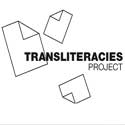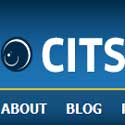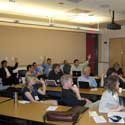
The Transliteracies Project and the UCSB Social Computing Group are pleased to announce the winners of the Bluesky Innovation Competition on “Social Computing in 2020.”
The worldwide contest was designed to engage undergraduate and graduate students in the newly emerging, interdisciplinary field of “social computing.” Participants were encouraged to imagine how society and technology will interact 10 to 20 years from now – far enough in the future to stretch our imagination of technology, yet near enough to be plausible. Read More »

The UCSB Social Computing Group held a workshop on May 30th 2008 on the present and future of social computing with guests Joan DiMicco (IBM Collaborative User Experience Group), Tad Hirsch (MIT Media Lab), Peter Kollock (Sociology Dept., UCLA), Larry Sanger (a founder of Wikipedia, Editor-in-Chief of the Citizendium), and Nancy Van House (School of Information, UC Berkeley). The workshop was a small-scale, by-invitation-only event designed to facilitate brainstorming.
Workshop Schedule:
For more information, participant bios, readings and links, workshop blogs, and event photos, visit the UCSB Social Computing Workshop Wiki.








